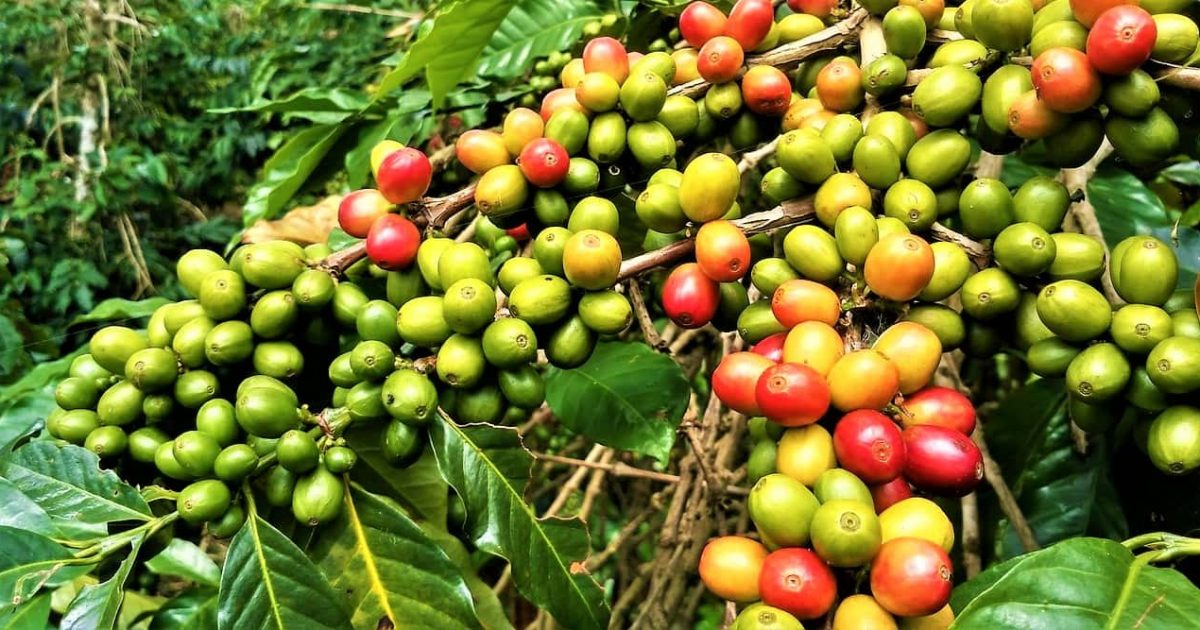Nakuru County Government has launched a major drive to revive growing of coffee on commercial scale to meet the rising demand of Kenyan coffee in the global market.
County Cooperatives Acting Director Josephine Ngandu said the County administration was now supporting coffee cooperative societies and unions to access resources and training programmes to help increase coffee acreage in the devolved unit.
She said despite the dwindling production of the coffee crop in the country occasioned by mismanagement and unexploited potential in the sub sector, demand for Kenya’s coffee on the global market remained high.
The latest International Coffee Organisation report, says although Kenyan coffee was so little in the global scene, it was still fetching the highest price and was most sought after.
Statistics from the devolved unit’s department of Agriculture revealed that over 2,686 acres in the County are under the crop with small scale farmers owning 666 acres and the rest being in the hands of large estates.
Speaking during the inaugural meeting of the newly registered Nakuru Coffee Cooperative Union, the Acting Director noted that Nakuru County had a huge untapped potential to grow Arabica Coffee, which is said to be highly popular in the domestic and global markets.
Ms Ngandu added that the County was exploring possibilities of incorporating the younger generation in the coffee value chain and that they would be trained on roasting coffee and selling Kenyan branded finished products.
“Our focus is to equip coffee growers especially the youth with skills on good agricultural practices to increase their average acreage by 50 per cent this year,” said Ms Ngandu.
Coffee is grown in the three sub-counties of Subukia, Bahati and Rongai. except for Patel Farm in Solai which brands and exports its coffee to the European Union, the cash crop is mainly grown by small holder farmers in the County.
The County under the aegis of Nakuru Coffee Forum is now working with several agro-chemical companies and seven coffee farmers co-operatives including Kiremba, Solai ,Mandizi, Mutungati, Wikurie, Demu and Jumatatu to revamp the sector.
The Director regretted that the coffee subsector in the county had in the past experienced a downward spiral occasioned by crumbling infrastructure, sheer mismanagement and neglect by previous administrations, poor marketing strategies and inferior agronomical practices.
She however voiced the County administration’s commitment to revamp the sector and said their ultimate goal was to streamline the subsector and have coffee branded in Nakuru for the export market.
“The subsector has potential to expand and create job opportunities. Our coffee has the potential of fetching up to Sh1,000 (10 dollars) per kilogramme due to its high quality. There is every reason for farmers to grow more coffee,” added the Director.
She observed that coffee farmers in Nakuru had big farms for expansion unlike other traditional areas such as Nairobi and Central Kenya where real estate and industries had gobbled up huge chunks of land.
Apart from financial and seedling support, Ms Ngándu said the County was planning to improve the production per coffee bush as the current yield of two kilogrammes per bush was below par. With proper agronomical practices, she added, a bush had the potential to yield as high as twenty kilograms.
Agricultural experts contend that the County’s volcanic soil was ideal for coffee growing and the world’s favourite Arabica coffee flourishes in such soils.
The Ministry of Agriculture has raised an alarm over declining coffee production from an all-time high of 128,862 tonnes in 1987/88 to the lowest production of 38,620 tonnes in 2016/17.
The worrying trend comes at a time when demand from the international market is on the rise.
Statistics from the Ministry of Agriculture indicate that the country is facing a huge decline in coffee production from about 160,000 hectares to the current 114,000 hectares.
By Esther Mwangi and Sam Karanja





